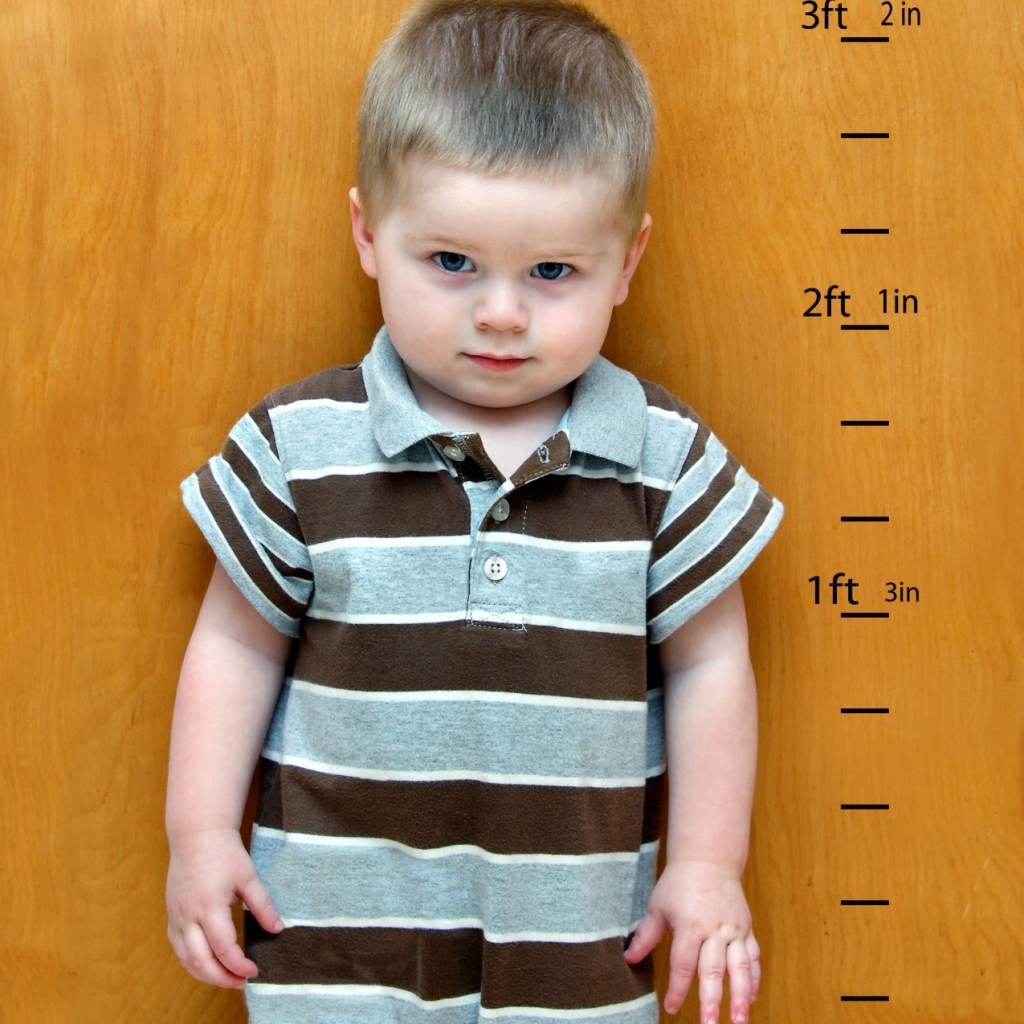Although most parents know that children will reach certain developmental milestones at different times, it can be frustrating if you think your child is falling behind, especially when it comes to their growth. One of the most common questions parents will often ask is, “When do boys stop growing?” Parents are used to charting their sons’ growth as they grow from infancy to toddlerhood and beyond, but what happens when boys don’t continue to follow those typical milestones?
Boys often fall behind girls when hitting those pre-teen growth spurts, often leading to many wondering when their son will catch up. Although most boys tend to stop growing between the ages of 16 and 18, there’s no definitive age when boys stop growing.
When do boys typically go through puberty?

As we mentioned earlier, every child is different, but according to Nemours, boys typically go through puberty between the ages of 9 and 14. It also notes that the majority of growth happens between the ages of 12 and 15, but that isn’t the only change boys experience when they hit puberty. They may begin to develop facial hair and pubic hair, their penis and testicles will begin to grow, their voice may begin to change, and their raging hormones may make them almost unrecognizable to their parents.
Parents will see a significant change in their son’s weight and height during puberty, but that doesn’t mean that every boy will experience quick growth spurts at this time. Johns Hopkins notes that changes that occur during puberty can be quick or gradual, so parents shouldn’t be alarmed if they don’t think their child is developing at the rate they should be.
When do boys stop growing?

On average, most boys stop growing at the age of 16, although it’s not uncommon to continue to grow another inch or two up until the age of 18. According to the CDC, the average height of men between the ages of 18 and 20 ranges from 5 feet 8 inches to 5 feet 9 inches. However, although the majority of a boy’s growth is done by the age of 16, his muscles and body mass will continue to grow as he gets older.
“Boys will stop growing when their growth plates have fused,” pediatric endocrinologist Dr. Jason Klein explained to Care.com. “On average, this occurs around age 16, but boys who have early pubertal development might reach this point sooner, and boys with delayed puberty might grow for longer. Most boys will reach their full maturity, which includes growth and body changes, by age 18 years.”
What is a growth plate?

You’ve probably heard your pediatrician talk about your child’s growth plates and maybe even had an X-ray done to see the current state of their growth plates, but do you know what they actually are? Growth plates are areas of cartilage at the ends of bones that will eventually harden and become part of that bone. There are usually two growth plates in long bones (think femur, lower legs, and forearms) that help the bone grow longer and wider.
“When the skeleton is forming, it begins as cartilage and goes through a process of ossification to turn into bone,” orthopedic surgeon Dr. Mark Adamczyk of Akron Children’s Hospital explained. “Growth plates are organized in a way that cells are either resting, growing quickly, or changing into bone.”
It’s important to address any growth plate fractures immediately, as these could impact how the bone will grow. Growth plates aren’t as strong as regular bone, which makes them more susceptible to injury. A child’s growth plates usually close at the end of puberty, but an X-ray can help determine if they are still open or not past that age.
Is it possible for boys to grow after the age of 18?

Everyone is different and that includes how people grow. Typically, most boys will not grow past the age of 18, but thanks to genetics and those who experience a slower closing of growth plates, some will grow, albeit minimally, past that age. If the growth plates remain open, growth is still possible, just uncommon. Once a boy’s growth plates have closed, they will no longer grow.
Potential causes for lack of growth

If you’re concerned about your son’s growth, or lack thereof, you should speak to your pediatrician. According to Boston Children’s Hospital, there are a number of reasons a boy may experience a lack of growth, including hormonal or endocrine disorders, genetics, constitutional delay, stress, and growth hormone deficiency, to name a few.
Your doctor will be able to diagnose or refer you to the proper specialists who can determine if there is a medical reason for the lack of growth and if there are any medical interventions that can help. Growth hormone therapy may be prescribed if the cause of the lack of growth is medical in nature.
Can you calculate your son’s height?

You can use a special formulation found here to predict your child’s height, but you must be aware that other factors can impact their final height. This calculator roughly estimates your child’s height by factoring in the height of both parents.
However, pediatric endocrinologist Andrea Mucci, MD of the Cleveland Clinic, explained how discrepancies can occur using a calculator like this. “But when there’s a big difference in the parents’ heights, that calculation may not be very accurate,” she explained. “The child could take after one or the other or fall somewhere in between.” It can be fun to experiment with a calculator such as this, but bear in mind that other factors like genetics, health, and birth weight can all impact your child’s growth.
Can you do anything to make yourself taller?

Society may have many more unattainable and unrealistic beauty standards for girls as a whole, but when it comes to boys, a lot of those standards focus on height. Height, a trait that an individual really has little control over, is so important to some men that we are now seeing the popularization of limb-lengthening surgeries that offer as much as an additional 6 inches of height!
These surgeries are expensive, painful, and come with many risks. For those who would like to take a more natural approach to increasing their height, the best advice is to eat a healthy diet, get lots of sleep, steer clear of caffeine and nicotine, and live an active lifestyle.
It’s important to remember that while guidelines exist to help parents be aware of their children’s growth and if they are on track, every person is different. Genetics can play a huge role in how tall a child will be and when they will grow. If you’re concerned about your son’s growth, speak to your pediatrician for professional guidance.




